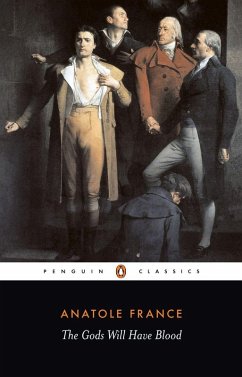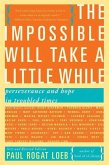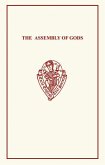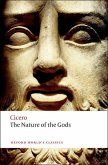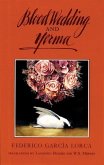A Penguin Classic It is April 1793 and the final power struggle of the French Revolution is taking hold: the aristocrats are dead and the poor are fighting for bread in the streets. In a Paris swept by fear and hunger lives Gamelin, a revolutionary young artist appointed magistrate, and given the power of life and death over the citizens of France. But his intense idealism and unbridled single-mindedness drive him inexorably towards catastrophe. Published in 1912, The Gods Will Have Blood is a breathtaking story of the dangers of fanaticism, while its depiction of the violence and devastation of the Reign of Terror is strangely prophetic of the sweeping political changes in Russia and across Europe. For more than seventy years, Penguin has been the leading publisher of classic literature in the English-speaking world. With more than 1,700 titles, Penguin Classics represents a global bookshelf of the best works throughout history and across genres and disciplines. Readers trust the series to provide authoritative texts enhanced by introductions and notes by distinguished scholars and contemporary authors, as well as up-to-date translations by award-winning translators.

